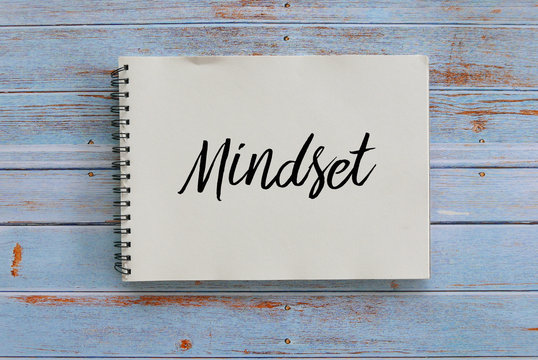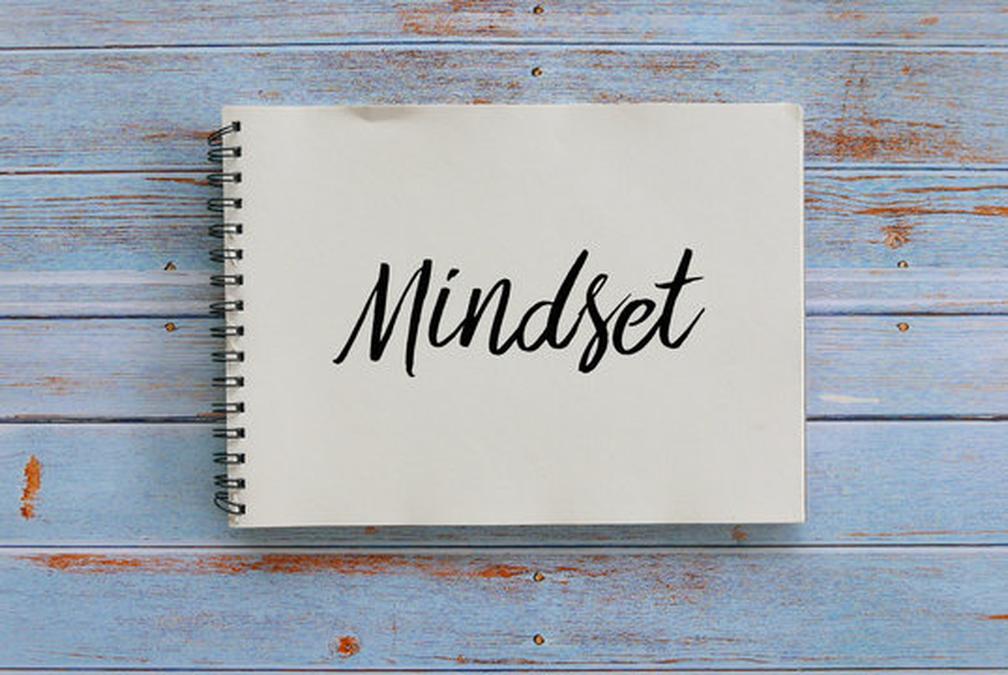Why Does My Mind Go Blank When Asked Questions?
Have you ever been asked a question and suddenly your mind goes blank? It’s a common phenomenon that can happen to anyone. People often experience it during high-pressure situations like job interviews, presentations, or social events. In this article, we will discuss the possible causes of mind blank and provide solutions to manage and prevent it.
It’s normal to experience a mind blank from time to time, but if it’s a frequent occurrence, it can be a cause for concern. Mind blank can hinder your ability to think clearly and communicate your thoughts effectively. Let’s explore the reasons why it happens and how to manage it.
Causes of Mind Blank
There are various reasons why people may experience mind blank, as per Certus Recruitment and Lincoln College Alumni. Here are some of the possible causes:
1. Anxiety and Fear
According to Loopward, anxiety and fear can trigger a mind blank. When you’re in a high-pressure situation, your body’s ‘fight or flight’ response can kick in, causing your brain to shut down. This response is a natural defense mechanism that helps protect you from harm, but it can hinder your ability to think clearly.
2. Low Confidence
Low confidence can also contribute to mind blank. When you doubt your abilities or don’t feel prepared, it’s easy to become overwhelmed and lose focus, as per Succeed Socially.
3. Lack of Preparation
Not being adequately prepared for a situation can cause a mind blank, as per Lincoln College Alumni. If you’re not familiar with the topic or haven’t practiced enough, it’s easy to struggle to recall information when asked a question.
4. Specific Trigger Points
Certain trigger points can cause a mind blank, such as hearing a particular word or phrase that triggers a negative memory or experience. This can cause your mind to shut down and make it difficult to think clearly. Loopward suggests that this response may be due to fear and anxiety.

Solutions to Manage Mind Blank
Experiencing mind blank can be frustrating, but there are solutions to manage it. Here are some tips to help you overcome mind blank:
1. Admit that Your Mind Has Gone Blank
According to Certus Recruitment, admitting that your mind has gone blank can help reduce anxiety and pressure. Being honest can also help you gain clarity and time to think.
2. Repeat the Question
When you experience mind blank, it’s okay to ask the person to repeat the question, as per Lincoln College Alumni. This can help you process the information and give you more time to think of an answer.
3. Take Deep Breaths
Deep breathing can help you calm down and reduce anxiety, as per Certus Recruitment. Take a few deep breaths before answering a question to help calm your nerves.
4. Pause and Gather Your Thoughts
If you need more time to think, it’s okay to pause and gather your thoughts, as per Succeed Socially. This can help you organize your ideas and come up with a clear answer.
5. Use Relaxation Techniques
Using relaxation techniques such as meditation, yoga, or visualization can help reduce anxiety and improve focus, as per Loopward.
Remember, experiencing mind blank is normal and happens to everyone. Don’t be too hard on yourself and try not to let it affect your confidence. Take a deep breath and use these solutions to help you overcome it.

Tips to Prevent Mind Blank
While there’s no surefire way to prevent mind blank completely, there are steps you can take to reduce the likelihood of it happening. Here are some tips to help you prevent mind blank:
1. Prepare Ahead of Time
Preparing ahead of time can help you feel more confident and reduce anxiety, as per Certus Recruitment. Research the topic or questions that may be asked and practice your responses beforehand.
2. Use Positive Self-Talk
Using positive self-talk can help boost your confidence and reduce anxiety, as per Succeed Socially. Encourage yourself with positive affirmations such as “I can do this” or “I am prepared”.
3. Stay Hydrated
Staying hydrated can help improve focus and cognitive function, as per Loopward. Make sure to drink plenty of water throughout the day, especially before a high-pressure situation.
4. Get Enough Sleep
Getting enough sleep is essential for cognitive function, memory retention, and focus, as per Lincoln College Alumni. Aim for at least 7-8 hours of sleep per night.
Remember, it’s important to take care of your mental and physical health to prevent mind blank. Practice self-care, stay hydrated, and get enough sleep to help improve your cognitive function and reduce anxiety.
Other Ways to Improve Communication Skills
Improving your communication skills can help you feel more confident and reduce the likelihood of experiencing mind blank. Here are some tips to help you improve your communication skills:
1. Practice Active Listening
Active listening involves fully focusing on the speaker and trying to understand their perspective, as per Succeed Socially. This can help you become a better communicator and improve your ability to engage in conversations.
2. Use Open-Ended Questions
Using open-ended questions can help keep the conversation flowing and encourage the speaker to share more information, as per Loopward. Avoid using closed-ended questions that can be answered with a simple yes or no.
3. Be Random
Being random and asking unexpected questions or sharing unusual experiences can help make conversations more interesting and engaging, as per Loopward. Don’t be afraid to break the ice with a surprising question or anecdote.
4. Discover Content
Reading books, watching movies, and exploring new topics can help you discover new content to talk about, as per Loopward. This can help you become a more interesting and engaging conversationalist.
5. Use Fun Facts
Using fun facts or interesting trivia can help keep conversations engaging and entertaining, as per Loopward. Look up some fun facts or interesting stories to share in conversations.
Improving your communication skills can help you build stronger relationships and become a better conversationalist. Practice active listening, use open-ended questions, and be random to engage in interesting conversations.
Overcoming Mind Blank Takes Practice
Experiencing mind blank can be frustrating, but it’s important to remember that it’s a common experience that happens to everyone. With practice and patience, you can learn to manage and prevent mind blank. Here are some key takeaways from this article:
- Mind blank happens to everyone, especially in high-pressure situations like job interviews or social gatherings.
- Admitting that your mind has gone blank and taking a moment to gather your thoughts can help reduce anxiety and pressure.
- Practicing relaxation techniques, such as deep breathing and meditation, can help reduce anxiety and improve focus.
- Preparing ahead of time, using positive self-talk, staying hydrated, and getting enough sleep are all ways to prevent mind blank.
- Improving your communication skills, such as using open-ended questions and practicing active listening, can also help reduce the likelihood of experiencing mind blank.
Remember, overcoming mind blank takes practice and patience. Don’t be too hard on yourself if you experience mind blank, and use the tips and techniques mentioned in this article to help manage and prevent it.
Thanks for reading! Check out our website for more great content on personal development and self-improvement.
FAQ
Who experiences mind blank?
Mind blank can happen to anyone, especially in high-pressure situations.
What can I do to prevent mind blank?
Preparing ahead of time, using positive self-talk, and staying hydrated can help prevent mind blank.
How can I manage mind blank during a job interview?
Admitting that your mind has gone blank and taking a moment to gather your thoughts can help reduce anxiety and pressure.
What are some relaxation techniques for mind blank?
Deep breathing, meditation, and positive thinking can help reduce anxiety and improve focus.
How can I improve my communication skills to avoid mind blank?
Practicing active listening and using open-ended questions can help keep conversations flowing and reduce the likelihood of mind blank.
What if I still experience mind blank despite trying these techniques?
Remember, mind blank happens to everyone. Don’t be too hard on yourself and keep practicing these techniques to manage and prevent it.
